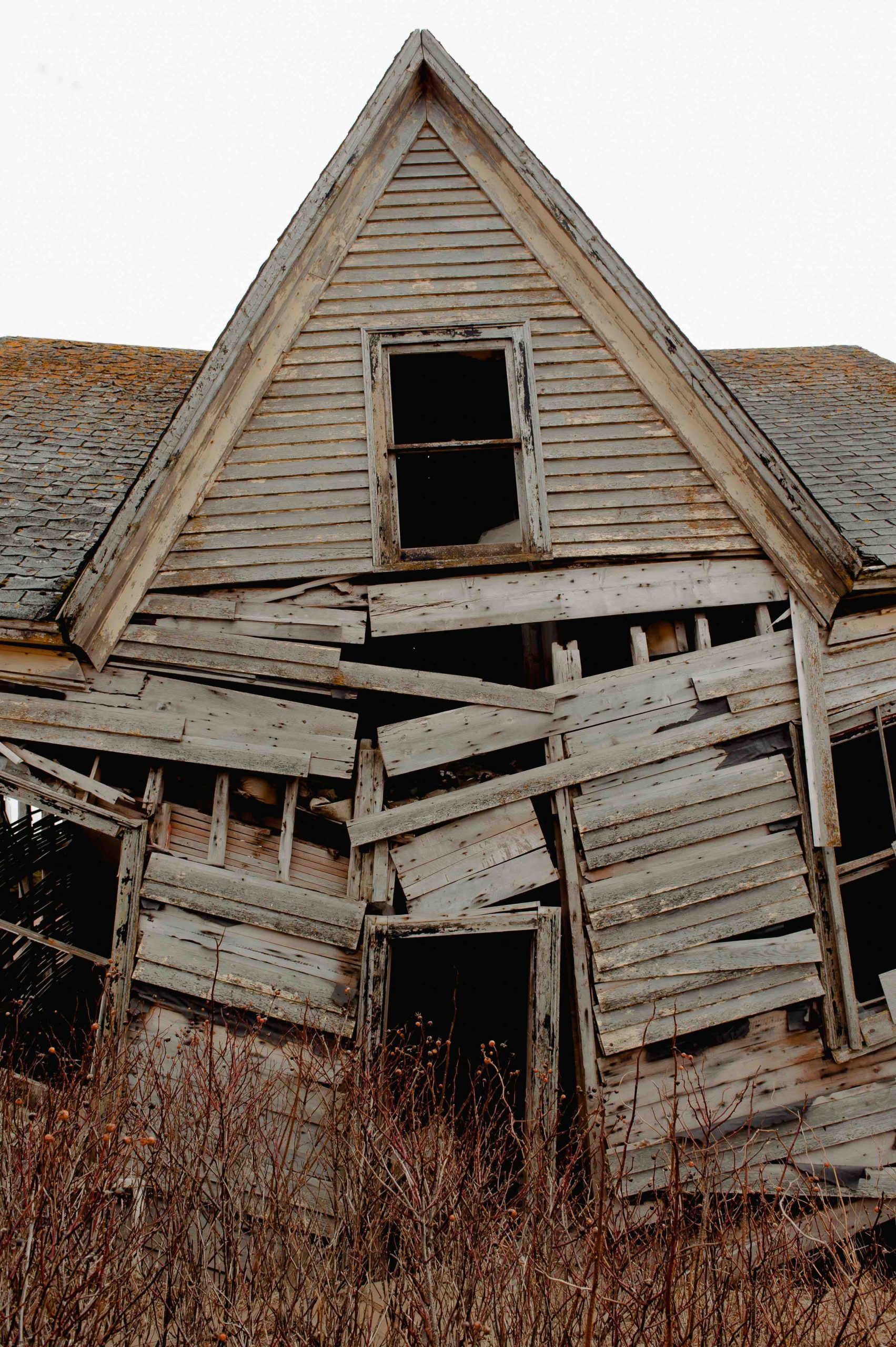Building your own home from the ground up is a dream for many aspiring homeowners.
Auto construction Québec is gaining popularity thanks to the flexibility it offers,
the potential savings, and the personal satisfaction of seeing your project come to life 🤩.
However, before embarking on this exciting endeavor, it is crucial to consider
financial, legal, and practical aspects. In this article, we will detail
the steps required to carry out your autoconstruction guide and give you the
tools to make well-informed decisions.
Contents
- Essential Steps to a Successful Self-Build
- Planning and Budget: Two Pillars You Can’t Ignore
- Regulations and Legal Considerations
- Financing and Banking Institutions
- Summary Table (Steps and Objectives)
- FAQ on Self-Building
- Conclusion and Additional Resources
Essential Steps to a Successful Self-Build
When you decide to construct your home yourself, you must first define
the type of house you want. Will you choose a traditional model,
an eco-friendly concept, or a contemporary open-concept residence? The design should
incorporate your lifestyle, your financial capacity, and the lot you own.
- Choose a suitable lot: location, topography, zoning, utilities (water, electricity, sewer).
- Draw up the plans: working with an architect or an architectural technologist can be wise to ensure compliance and functionality.
- Obtain building permits: some municipalities require specific documentation, so make sure to inquire with your town hall.
- Plan each stage: structural work, plumbing, electrical, insulation, finishes… everything must be scheduled to avoid delays and complications.
If you are thinking of selling your current home before starting the auto construction of your new residence,
remember that you can get a free evaluation to estimate its approximate value. For an in-depth look at
“selling or buying first,” check out this blog on selling or buying first.
These resources will help you determine the ideal time to begin your initiative.

Planning and Budget: Two Pillars You Can’t Ignore
Before getting started, it is important to assess your financial capacity in detail.
Building on your own may seem less costly than purchasing a turnkey property,
but expenses related to specialized labor, materials,
and unforeseen events can add up quickly. Setting aside an emergency fund (10 to 15 %
of the total budget) is strongly recommended.
For a comprehensive self-build guide, consult the information provided by
Desjardins (DIY guide).
You will find plenty of practical advice for budgeting your project, from the
foundation to the finishing touches. One of the main advantages of auto construction
lies in your ability to choose materials based on your own quality
and cost criteria. You thus maintain full control over each expense item.
Having a solid planning schedule is also crucial. The more precisely you map out
every phase—excavation, structural work, framing, roofing, etc.—the more
you minimize the likelihood of cost overruns and delays. Feel free to stagger
your material purchases according to promotions or inventory at specialty stores 🏠.
Regulations and Legal Considerations
Auto construction Québec is governed by various laws and regulations
aimed at ensuring workers’ safety and building compliance. When you
handle the construction yourself or enlist help from friends or family, it is essential
to research the rules in effect.
For example, the Commission de la construction du Québec (CCQ) imposes certain requirements
regarding volunteer work and collaboration with professionals or acquaintances.
For more information, see the CCQ regulations.
Complying with these guidelines shields you from fines or even a complete work stoppage.
Municipal regulations are also crucial. Obtaining a building permit
is not merely an administrative formality. Authorities want to ensure that the project
meets zoning requirements, neighborhood norms, maximum height limits, and setback rules.
It is wise to anticipate these steps and involve professionals as needed,
such as an architect, an engineer, or an architectural technologist, to produce
the necessary plans and documents.
Financing and Banking Institutions
Financement auto construction is not the same as a standard mortgage. Indeed,
banks typically demand more collateral because self-building presents greater risks.
Several institutions, however, offer tailored programs,
but you will need to provide a robust file: detailed plans, cost estimates,
project timeline, and so forth.
For an overview of financement de l’auto construction options,
refer to this guide from conexus. It outlines how to negotiate a loan suited to your needs and what lenders
expect. Additionally, you can consult this article on construction mortgage financing to get a sense of the process and acceptance requirements.
Before submitting your file to the bank, prepare a realistic cost estimate for
construction and finishing, factoring in contingencies (delivery delays, price fluctuations, etc.).
Once financing is approved, funds are released in stages based on work progress,
requiring diligent oversight and regular inspections.
Summary Table (Steps and Objectives)
| Steps | Objectives |
|---|---|
| Land Analysis and Design | Check feasibility, create plans, comply with zoning |
| Obtaining Permits | Meet municipal requirements, avoid penalties |
| Budgeting and Financing | Choose the right loan structure, set up an emergency reserve |
| Structural Work and Oversight | Coordinate trades, uphold safety standards |
FAQ on Self-Building
1. What is the budget for a self-built house?
Costs vary widely depending on the scale of the work, material choices,
and the extent of your personal involvement. Generally, auto construction
can be 10 % to 30 % cheaper than a conventional build,
but you should have extra funds for contingencies.
2. Is it possible to build a home entirely on your own?
Yes, but it depends on your technical skills and how much time you can devote.
Some tasks, like electrical or plumbing work, require specific expertise
and are often subject to strict regulations. However, you may handle
some finish work or install various surfaces yourself, which lowers the overall bill 🚧.
3. Which bank is best for self-building?
Many Canadian banks provide special mortgage programs
for auto construction: Desjardins, RBC, BMO, and so on. It is wise to shop around
and compare offers, as terms vary among lenders. You must
present a thorough file proving your project’s feasibility.
4. What administrative steps must be considered for self-building?
Typically, you need a building permit from your municipality.
You must also follow zoning rules, subdivision regulations,
and, in some cases, the local urban plan. Don’t forget to check the CCQ requirements
if you involve volunteers or friends in certain tasks.
5. How long does it take to complete a self-build project?
Timelines vary greatly according to the complexity of the design,
as well as the availability of materials and labor. On average, a self-build
project can take between 6 and 12 months, or even longer if you personally handle every stage
and can only dedicate part of your schedule.
Conclusion and Additional Resources
Auto construction in Quebec is both demanding and incredibly rewarding.
By carefully planning your budget, meeting the applicable regulations, and
selecting the right financement auto construction solutions, you can achieve
your dream of a home designed to your preferences. Be sure to allocate enough time and resources
to each step of the work to avoid any unpleasant surprises.
If you would like more information about selling your property or if you want to confirm
your financing options, feel free to contact me directly.
I remain available to answer your questions and guide you
through the process with peace of mind 🤝.
By following these recommendations, you will maximize your chances of success in your
auto construction Québec project. Good luck in this undertaking !




